What is growing in the school garden?
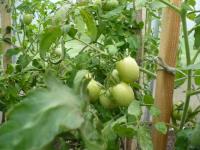
The 2nd open competition of school gardens continues. What do our participants grow in their gardens? What cultures are most common or rare in participating schools in rural areas of Vitebsk, Gomel and Minsk regions?
In the 2nd open competition among rural schools of Vitebsk, Gomel and Minsk regions of the Republic of Belarus, the “School garden” as an educational platform for modern safe agricultural technologies”, 49 educational institutions take part. In May, each educational institution provided information on the progress of the spring sowing campaign. Schools filled out an electronic form, which included information about crops grown in the school garden, indicated the area of sown plots and gardens, the total number of students who took part in spring fieldwork, photos of the sowing company.
Basically, in school gardens participants grow traditional for our country cultures: potatoes, cabbage, carrots. At the same time, along with these vegetables, in many schools on the beds you can see beans, beets, peppers, zucchini, radishes, pumpkins, salads, tomatoes, cucumbers and other vegetable crops.
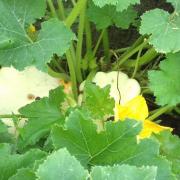
As for rare cultures, only three schools, participating in the competition: the State Educational Institution "Ostashkovichy day nursery-kindergarten-basic school" of Gomel Region, the SEI "Educational and Pedagogical Complex Lyadensky Kindergarten-Secondary School" of Cherven District and the SEI "Negorelsky Secondary School No.1" of Minsk region, grow squash. And in just one school - SEI "Yurtsevsky kindergarten - secondary school of Orsha district ", Vitebsk region, they grow Jerusalem artichoke.
The most diverse assortment of vegetable crops can be seen in the SEI "Dubovitsky kindergarten - basic school of Kormyansky district", Gomel region, as here they grow not only tomatoes, peppers, beets, cucumbers, zucchini, beans, but also sweet corn, eggplant, dill, parsley, and peas.
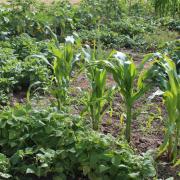
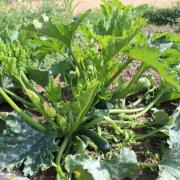
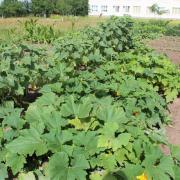
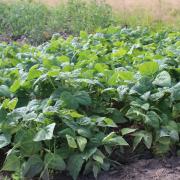

By the way, eggplants are also grown in the SEI “Paporotnyanskaya secondary school of Zhlobin district”, Gomel region, the SEI "Zalessky nursery-kindergarten - the secondary school of Chechersk district", Gomel region, and SEI "Budagovsky educational and pedagogical complex kindergarten - secondary school", Minsk region.
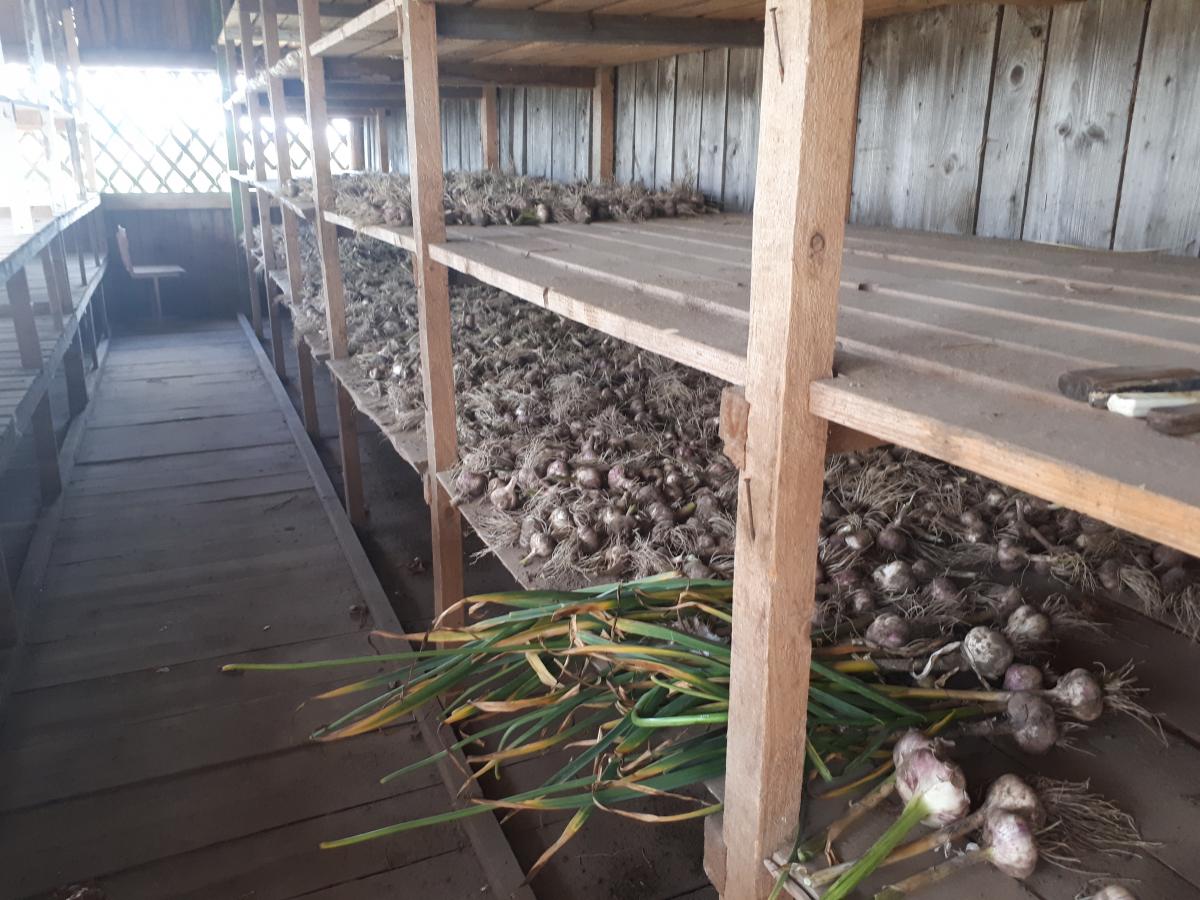
Garlic is not a popular culture, but nevertheless it is grown in five schools: the SEI "Staroyurkovichi educational and pedagogical complex kindergarten - secondary school of Lyuban district ", Minsk region, the SEI "Malevichi Secondary School of Zhlobin District", Gomel Region, the SEI "Bychikhinskaya Secondary School", Vitebsk region, SEI "Parafyanovskaya secondary school of the Dokshitsy district", Vitebsk region, SEI "Bobovskaya secondary school of the Zhlobin district", Gomel region.
In the SEI "Khizovskaya secondary school of Kormyansky district", Gomel region, they specialize in the cultivation of only one vegetable crop - cabbage. But in the garden of the institution you can find many fruit trees and bushes.
The only school of our competition in which vegetables are not grown is the SEI "Litvinovichi Secondary School of Kormyansky District", Gomel Region. The 30 acres of the school garden of this school is occupied by cherry trees, which were kindly provided by local residents, and were planted on April 20, 2019.
Many schools in their gardens have greenhouses that they use to grow seedlings of flower and vegetable crops in the spring.
Some schools are testing various agricultural technologies. In particular, since 2019, elements of permaculture technology have been introduced in the SEI "Educational and Pedagogical Complex Lyadensky Kindergarten-Secondary School" of Chervensky District, Minsk Region.
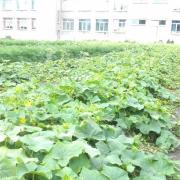
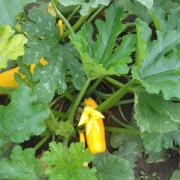
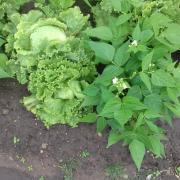
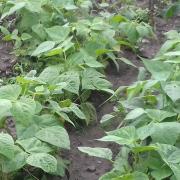
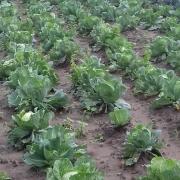
All our participants are bright, interesting, full of ideas and strength, and each garden is unique and irresistible! Good luck to our participants in all their plans!
The competition is held within the framework of the EU4Youth international technical assistance project: «School garden» for the development of agricultural entrepreneurship, funded by the European Union
and co-financed by the International Green Cross.
The project was registered with the Ministry of Economy of the Republic of Belarus on June 25, 2018 under the number 2/18/000894 and will be implemented until June 25, 2022.
This publication has been produced with the support of the European Union and the Green Cross International. Responsibility for the content of this publication lies with the public organization “Green Cross Belarus”, and it can in no way be taken to reflect the views of the European Union and Green Cross International.
